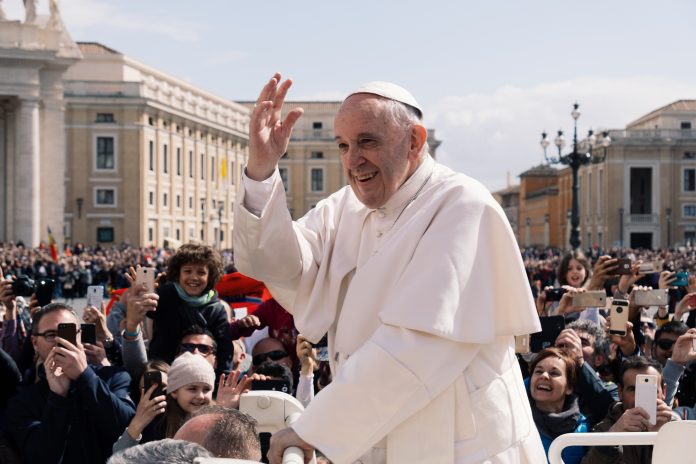The Portuguese Council of Ministers approved a law proposal for pardons and acts of clemency for young people on June 19th, 2023. The proposal for the new law was passed ahead of Pope Francis’ World Youth Day visit in Lisbon.
The Portuguese Parliament approved it three weeks later. After the second approval, it was sent to the Commission for Constitutional Matters, Law, Rights, and Warranties, for the proposal to be finished.
Even though there are still some details to discuss, like the targeted age gap, for example, the actions being taken can be perceived as mirroring the church’s message of unconditional love.
Given the Vatican’s emphasis on love and forgiveness, when the Pope visits a country, the visit may be seen as an opportunity for the host nation’s leaders to reflect this aspect of catholic teaching. By offering pardons and/or acts of clemency, heads of state and governments can demonstrate their commitment to reconciliation and remedy.
The difference between a pardon and an act of clemency lies in the fact that, whilst clemency refers to the mechanism by which the punishment for a crime is officially reduced, pardoning is the official forgiveness of a crime.
A pardon is a form of clemency, but it requires complete forgiveness. Given the different nature of the crimes and punishments, visits tend to trigger both forms of action.
This practice, which has been named Papal Amnesty by the Portuguese media, did not come out of nowhere. In the past, rulers sought the support of the Vatican through pardons, and acts of clemency that served as acts of goodwill towards the Pope and the catholic community. However, over time, especially after France’s legislative separation of the state and the Catholic Church, it became more of a customary part of pope visits.
Pope Francis will be in Portugal during the first week of August for World Youth Day, also known as Jornada Mundial da Juventude in Portuguese. This event is characterized as the meeting of the Pope with young people from all over the world.
The days are, according to the Pope, an opportunity to ‘look beyond’, with an ‘open heart’. Although Portugal is a secular country, meaning it is not influenced politically by any particular religion, the Portuguese government chose to follow the custom and propose pardons and acts of clemency for the Pope’s visit.
As the pope is visiting for World Youth Day, Portugal decided to love and forgive young people. Offering pardons and acts of clemency, the Portuguese state also chose to reflect the Pope’s loving and forgiving view towards the youth, where possible criminal activities and/or thoughts are, according to the Pope, often of transitory and short nature.
Note that in today’s world, the power to make such decisions ultimately rests with heads of state or governments themselves. The Pope’s visit simply presents an opportunity for them to exercise their authority in a way that is aligned with the principles of love and forgiveness mentioned above.
It is also worth mentioning that specific protocols and bureaucracy surrounding pope visits and acts of clemency may vary from country to country, and each government may decide how the state will participate in this custom or tradition.
The initial proposal approved by the Portuguese Council of Ministers included a one-year pardon for prisoners under the age of 30 years old serving sentences up to 8 years, a full pardon for convicts within the same age gap serving sentences of less than 1 year, and the pardoning of those who have been given fines of less than 1.000€.
That was the starting point. However, due to the specific bureaucratic procedure and the questions laid out by the Portuguese Parliament, the final version of the new law, and its details, will only be known when it comes out of the Commission and is approved once again.


